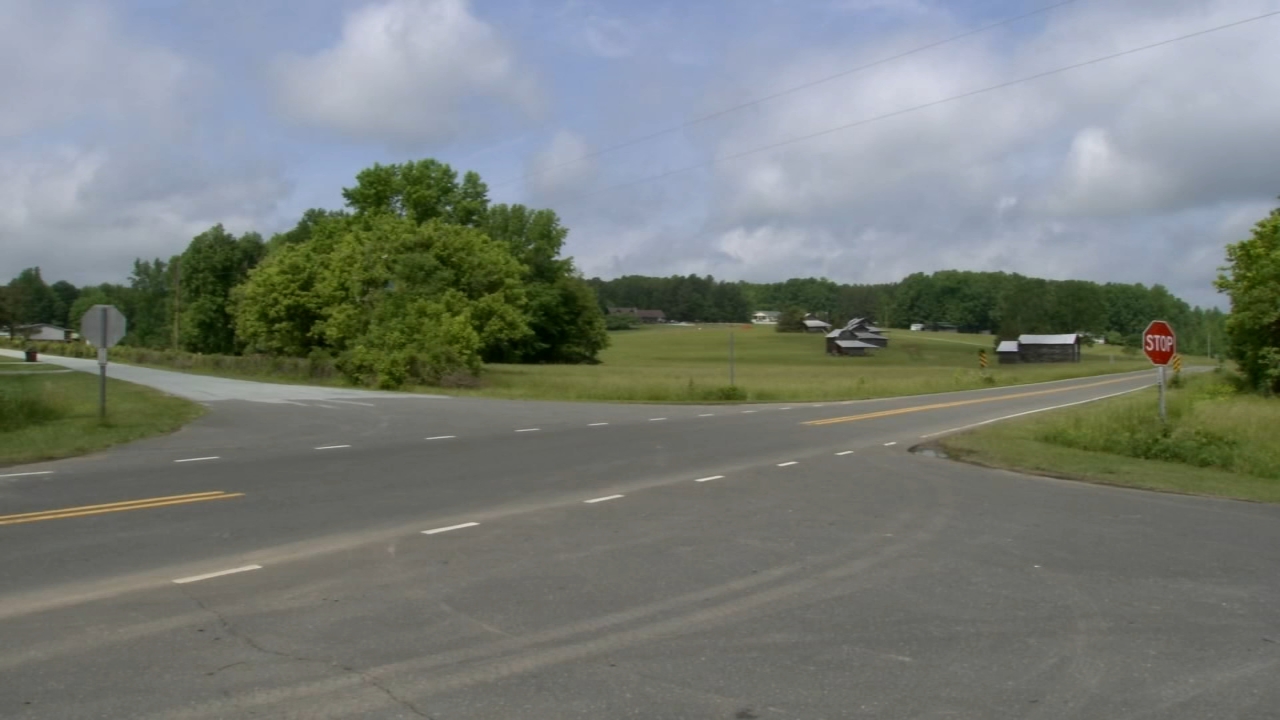NC Senate passes HB13 compromise to lower K-3 class sizes
RALEIGH, North Carolina (WTVD) -- The North Carolina Senate on Tuesday passed a House Bill 13 compromise that continues reducing elementary school class sizes over the next two years while addressing local concerns about keeping special subject-area teachers in the classroom.
The compromise is supported by authors of the original House bill and the N.C. Association of School Administrators.
Stay on top of breaking news stories with the ABC11 News App
The office of Senate leader Phil Berger, R-Rockingham, announced the passage of the much-anticipated legislation.
In a release, Berger's office said "to continue forward progress toward smaller class sizes in kindergarten, first, second and third grades," the bill requires local school districts to achieve:
- A district-wide average class size of 20 students in grades K-3 and a single class maximum of 23 students in the 2017-18 school year; and
- A district-wide average class size in grades K-3 that is equal to the teacher-to-student ratio currently in law and a single class maximum of three above that number in the 2018-19 school year.
"This compromise preserves our longstanding and research-backed goal of lowering class sizes in the early grades, on a timeline school administrators say is reasonable," Berger said. "It will also help improve school transparency and accountability and shine a light on what is needed to keep special subject-area teachers in the classroom - steps I am confident will help our students receive a higher-quality, more well-rounded education."
The deal comes a day after a Senate committee approved an amended version of HB13 that delayed class-size changes to 2018.
WAKE COUNTY SCHOOLS PREPARE FOR IMPACT OF HB13
Wake County school board members are preparing for the impact a revised version of House Bill 13 will have on its budget during the next two years.
At their budget work session Tuesday, board members discussed the amended bill, touted by lawmakers as a compromise that prevents local school districts from having to cut special subjects such as art, music, and P.E. in order to pay for smaller K-3 class sizes.
WATCH: WAKE SCHOOL BOARD PREPARES FOR EFFECTS OF REVISED HB13

The revised bill, however, phases in the class size requirements to go into effect for the 2018-2019 school year, leaving school district leaders, parents, and teachers concerned over how to fund the extra classroom teachers that would be needed.
Senators pledged to work on funding specials teachers, positions that would otherwise be cut to meet the requirements, but WCPSS Superintendent Dr. Jim Merrill wasn't able to reassure board members the money would be there.
"There is discussion, although I don't see it in the legislation that it's the intent of the legislature to add a separate allocation for specials positions," he said.
Even more pressing for board members was the need to address extra classroom space that would be required by the fall of 2018.
"Do you feel like the legislature knows that by not acting this year, that puts us in a difficult if not an untenable position to plan for capital?" asked board member Jim Martin. "We can't build those extra seats easily."
Board member Bill Fletcher added district leaders will have to be creative with how WCPSS uses space once HB13 is passed.
The revised version of HB13 also includes accountability measures for school districts, to ensure tax dollars intended to reduce class size are used for that purpose.
Sen. Chad Barefoot said that current K-3 class size requirements have been on the books for years and the General Assembly has provided $152 million to school districts to lower class sizes.
However, districts have always had flexibility in how they use state funds and in the case of WCPSS, the district used those dollars to fund other areas such as special subjects: art, music, and P.E.
INCREASED ACCOUNTABILITY FOR SUPERINTENDENTS
Under the amended HB13, superintendents would be required to submit regular reports on class sizes, total number of special subject-area teachers, and the state Superintendent would conduct audits to ensure that accuracy of those reports.
Superintendents who knowingly submit inaccurate reports could face penalties.
In Tuesday's budget work session, Merrill said he would hope local districts would be invited to shape the format of the report in order to ensure WCPSS can accurately transfer its data to the state. This, after a back-and-forth between district leaders and lawmakers who said the delay in HB13 moving forward was due to districts' incomplete data reporting.
"With the teeth that the bill includes, I want to be certain of what we submit," said Merrill.
Meantime, parents who have been closely following HB13 and the impact smaller class size restrictions could have on their children's education, have been sounding off about the new version of the bill.
"Basically they took the problem and they kicked it down the road," said Renee Sekel, organizer of the "Save our Schools- NC Parents for HB13" movement.
"I think accountability is a good thing, but it goes both ways," she said. "Right now, we have a school system that's accountable for complying with a mandate from a state but the state has absolutely no accountability back to the school systems."
Sekel said if HB13 were amended to include funding for both classroom and specials teachers, she would support it.






